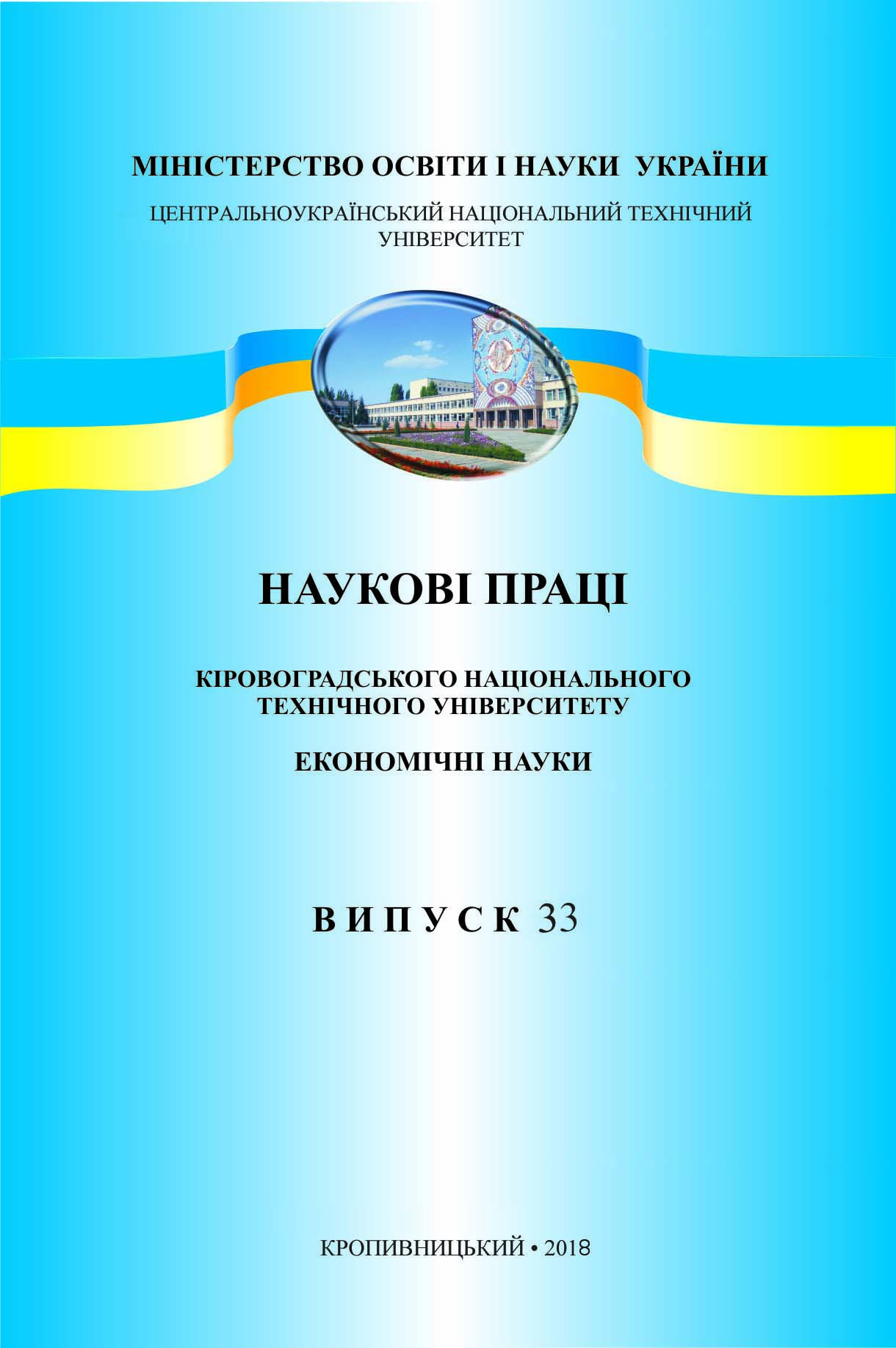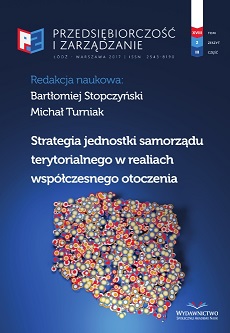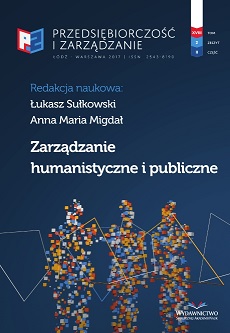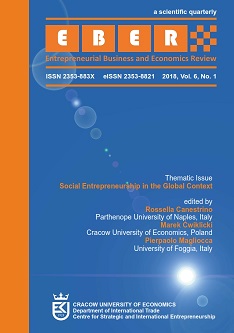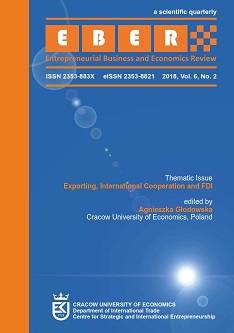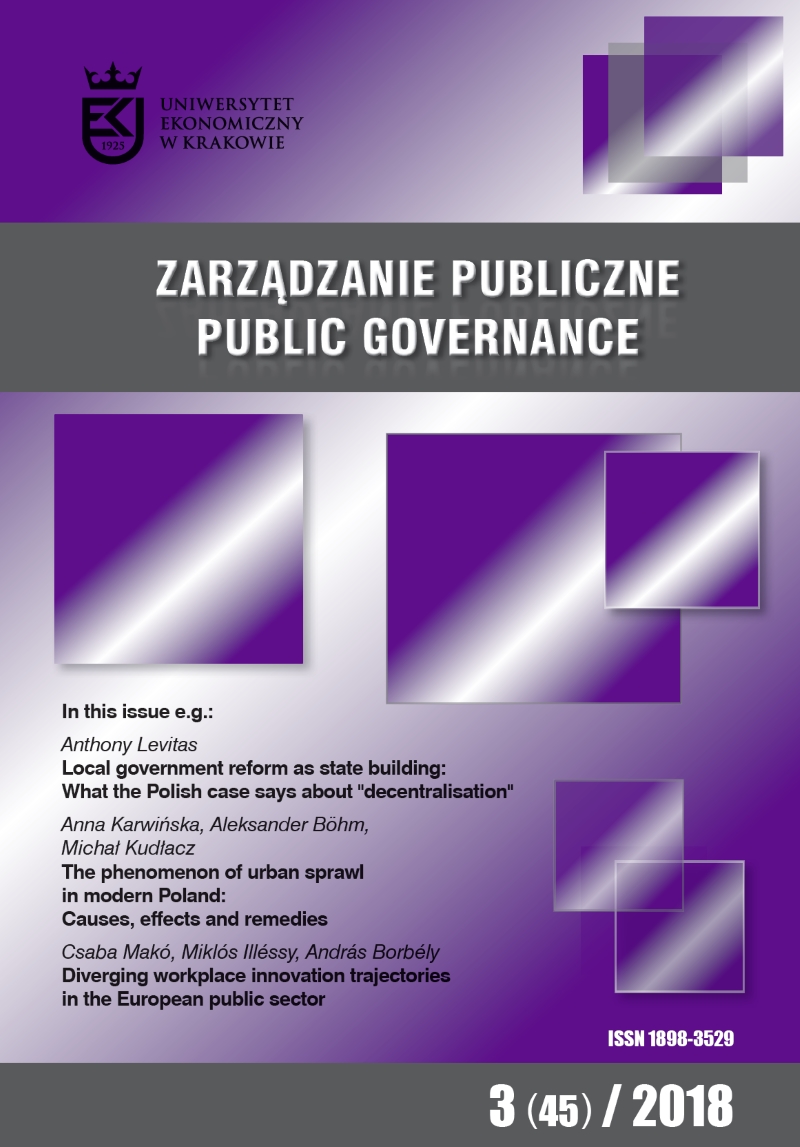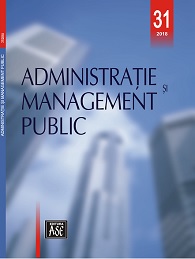
The main transition management issues and the effects of environmental accounting on financial performance – with focus on cement industry
This article highlights the importance of Environmental Accounting (EA) on financial performance and the extent of its application in cement industry companies in the light of de-carbonization goals. We defined key performance indicators of EA which are ready to be turned from unsustainable to sustainable circular operation. We have categorized them from our proposed sustainable Business Model Canvas into a transition matrix and weighted them by a circular benchmarking model connected to a circularity spiral. We have found, the direct encouragement of Environmental Provisions (EPs), and the standardization of EA within the International Financial Reporting Standards would be beneficial as EA is able to refer to and re-evaluate sustainability gaps in financial language. The main results of the research, that EA occurs at the corporate strategy level, but its application does not really depend on social needs and the sectoral circumstances of the company. Its usage also can be determined by the relationship between the socially negative external marginal costs and the production structure of the firm. EA can reflect positively on the profitability of industrial companies, provided that legislation is available to stimulate companies to take the environmental cost into consideration. Research findings have shown that the dominant factor in government intervention, so in government regulation, is to accelerate the internalization of externalities towards more cost-effective solutions.
More...
